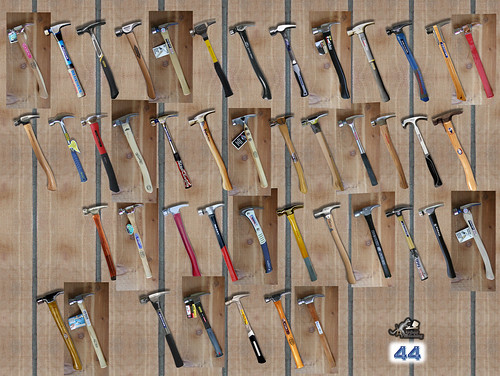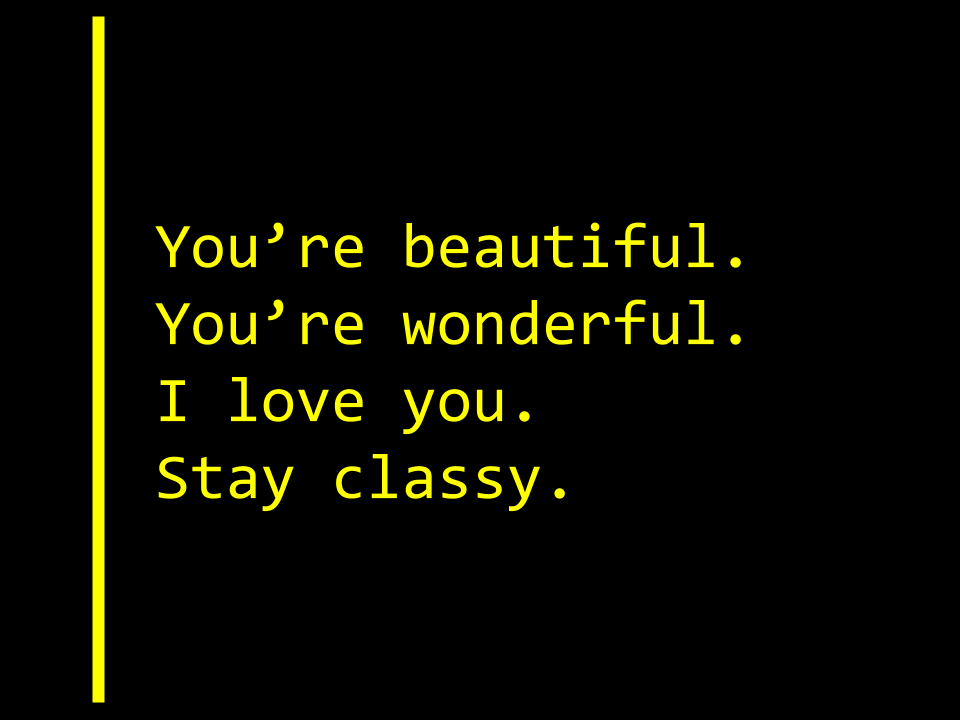52. Which west wing character are you? #LifeWideLearning16 @mrchase
— Ben Wilkoff (@bhwilkoff) February 21, 2016
I know a whole bunch of stuff, until I don’t. As the title of this space implies, I love learning as much about as many subjects as possible. Smart is good. And still, I find myself in rooms and conversations where I am outpaced by those who showed up to the party long before I did and are much better versed in the ideas and thinking around a certain subject. While I still unintentionally find myself faking a fund of knowledge I’m totally lacking, I’ve gotten better over the years at remaining quiet, reading the room, and asking good questions.
I try to see the whole board. For many reasons – some intentional and some out of my control – I’ve been able to work for people who are not only amazingly good at the work they do, but willing to take the time to help me understand how to see what we are building together in a larger context. From building schools, to serving an entire district, to writing policy for a nation, I’ve had the chance to work with leaders who pause to ask if we are seeing the whole board and have taken the time to help me see it when I’ve needed help focusing.
I sign my name. More importantly, I work as hard as I can to make sure my name is attached to messages taking up for those who don’t have the same privilege I experience on a daily basis and working to make sure that privilege isn’t unique to people who look or grew up like me.
I have unexpected friends. While I interact regularly with a fair number of people with whom I see eye to eye, my days are just as likely to be populated by conversations with people I think are wholly wrong and whom I call friends. While I’m sure I’d be happy if they one day conceded that our conversations had changed their mind on a topic of contention, I also value the argument. Connecting and conversing with people with whom I disagree helps me to remember why I might have started holding a belief in the first place while gaining an understanding of why other people might think or believe differently.
I made a promise to a widow. I’ve never loved a job as much as I loved teaching. Each year brought a new group of individuals into my care, and each day brought a new set of unexpected experiences. I was entrusted with the sustaining the greatest of public goods. I had the good fortune to teach with and at some of the best teachers and schools, respectively. And my informal education on educating was at least as important and informative as my formal one. Then, after agreeing with so many of my colleagues for so long about frustrations with the absence of teacher voice in so many decisions directly impacting our classrooms and students, I left to join that other fray. While I love what I’ve gotten to do since leaving the classroom and the experiences it has afforded me, nothing has been or will ever be as amazing as what I got to do in the classroom.





 And, inveriably to myself…
And, inveriably to myself…